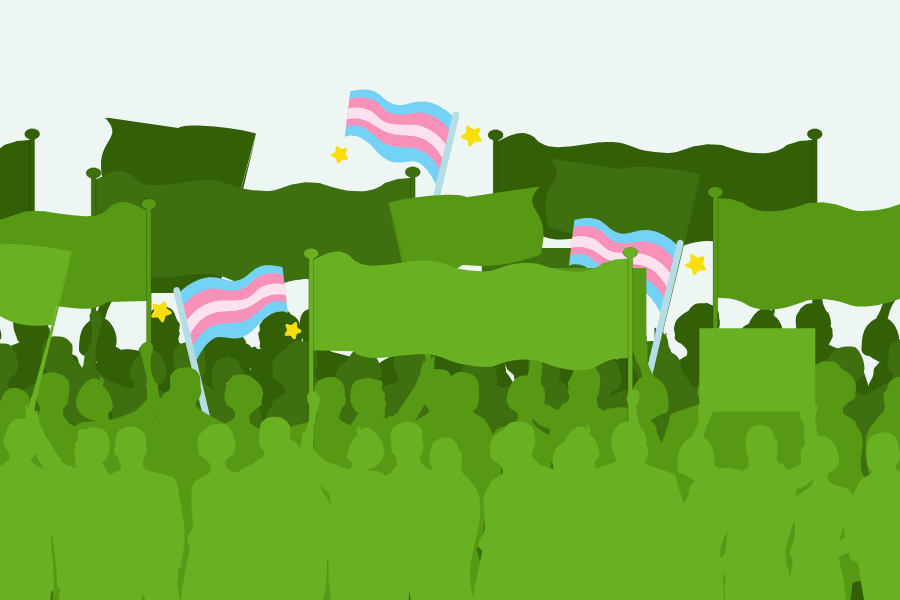
Written by Pandora Hughes
…
“…I realised that it was time to start supporting the people taking decisive action for change.”
“In the face of this challenge, you can either stand for a future in which all people are welcome and equal, or for a past in which only certain voices were heard.”